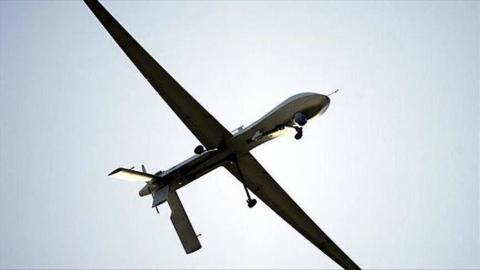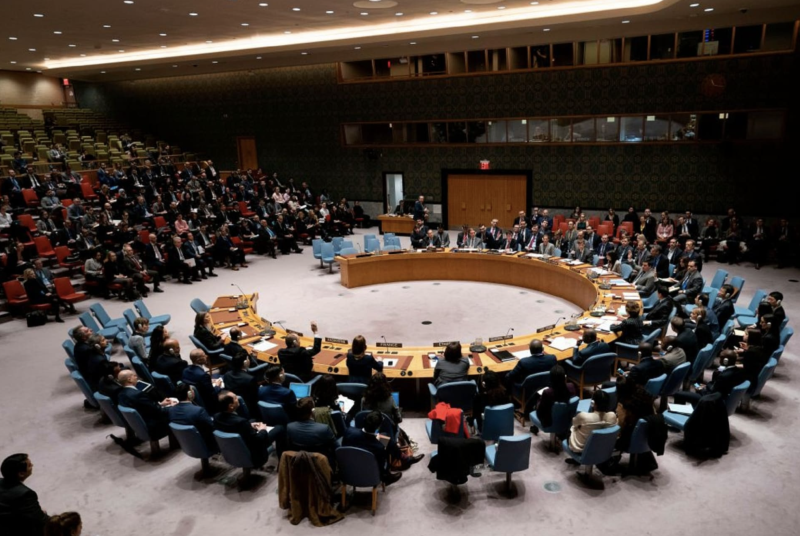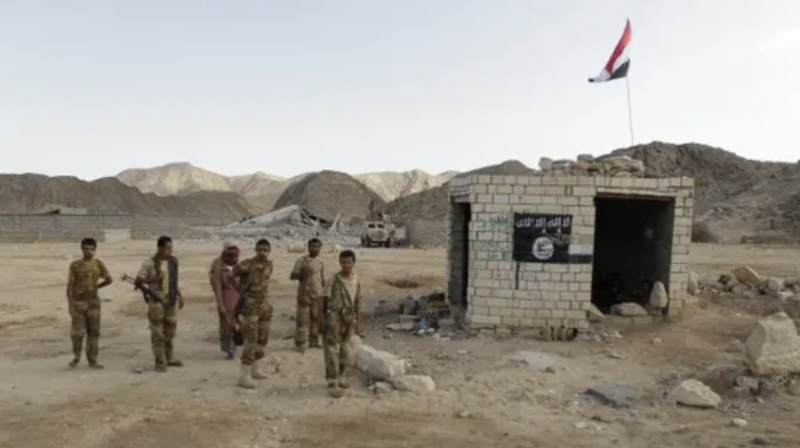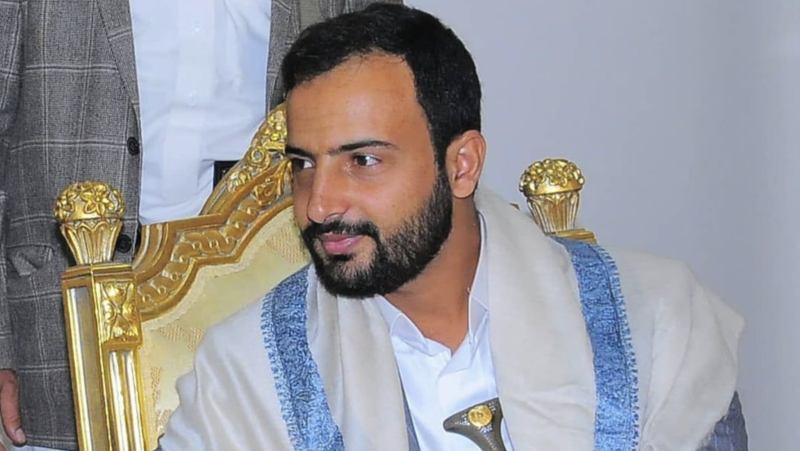Victims of Yemen's proxy war are 'screaming in pain, but no one is hearing'


"There are no heroes in Yemen, just criminals and victims."
Those are the words of a human rights investigator, a petite woman who has devoted her life to fighting for the victims and tracking down the criminals.
There are far too many of both in this country.
The victims are the millions of ordinary Yemenis caught in the midst of a protracted proxy war which has brought the country to its knees and turned it into the world's biggest humanitarian disaster.
The lack of easy access to the country for journalists and international monitors means many Yemenis feel, as one doctor put it, that "we are screaming in pain, but no one is hearing".
But Radhya Al Mutawakel and her team who make up the Mwatana For Human Rights group are resolute in their determination to try to get justice for the tens of thousands of suffering civilians, for which there is no escape.
They are building up a "dirty dossier", logging the mountain of human rights abuses and war crimes being committed by all those involved in this conflict. Their work is already being used to file prosecutions - and they're not fussy about where or who pursues these legal cases.
The International Criminal Court is taking up some of them and cases are being considered in a range of countries, including Britain and America - two of the countries supporting the Saudi-led coalition which is backing the recognised Yemeni government against the Houthi rebels.
We're shown the library of files documenting the evidence that the team are collating in their office in the Yemeni capital of Sana'a.
Radhya and her husband, Abdulrasheed Al-Faqih run Mwatana, together with an equally dedicated team of truth-seekers.
Both of them have been arrested, detained and threatened by both sides in the conflict because of their work.
Abdulrasheed has been beaten too and both have made tremendous personal sacrifices because of their commitment to the job.
"We decided not to have a family," says Radhya. "How could we bring a baby into this...? I couldn't do it."
The files bulging with evidence of war crimes against the parties in the war made the decision an easy one in the end. They have collected signed witness statements, photographs, bomb fragments and satellite imagery for more than 500 different coalition attacks on civilian targets such as hospitals, schools, health facilities and homes.
"There is a pattern here," says Radhya, "They cannot all be accidents. The challenge is collecting enough evidence for an international court of law. We corroborate everything two, three, four times... as much as we can. And we send our field researchers out to the site of the attack as soon as we hear about it.
"The huge gap when it comes to Yemen is when it comes to accountability,' Radhya adds. "So the parties to the conflict: they trust in impunity... they act as if they will never be held accountable." She and her team aim to change all that.
Their work is likely to send a chill down the spine of all those involved in the war chain including those nations who are supporting the perpetuation of this conflict. The Mwatana team is trying to ensure even the ground floor worker is convinced they have a responsibility.
Their intention is to ensure politicians, civil servants and other decision-makers, but also arms manufacturers and suppliers from all the Coalition countries, know that they could find themselves in court answering legal questions about their individual role in the catastrophe which is Yemen.
Right now they believe they have five different attacks on civilian targets in Yemen which directly link back to British involvement or military arsenal.
Radhya's colleague, Ali Jameel, who is a researcher, explains: "People who are in authority in the UK and could have stopped this from happening and didn't, should take their responsibility and they should stand in front of a court, right next to the victims who were injured or killed."
The Sky News team (of Middle East Editor Zein Jafar, producer Ahmed Baider and cameraman Kevin Sheppard) travelled hundreds of kilometres and several hours, along dry riverbeds and up rocky mountain paths to reach the remote village community of Washah in Hajjah Governorate to investigate for ourselves the site of one massacre.
We saw the rubble of a family home which neighbours told us had been hit by a missile dropped by a jet. We spoke to dozens of eye witnesses and saw children's toys and clothing strewn amongst the debris.
This is a poor community with no running water or electricity. Inside the home, the women and children of the Mujali family were gathering for lunch. The bomb killed nine people instantly - six of them children.
We found shrapnel from the bomb still littering the site. Neighbours and relatives who immediately gathered on our arrival showed us pictures they took on their telephones immediately after the explosion.

NewYork -- The United Nations Security Council has urged all parties in Yemen to de-escalate tensions and intensify diplomatic efforts to end the c…

Marib — A senior al-Qaeda commander was killed Tuesday in a suspected U.S. drone strike in Yemen’s northern province of Mareb, accordin…

London — The United Kingdom has announced new sanctions targeting Hussein al-Houthi, son of Abdulmalik al-Houthi, leader of the Houthi militi…